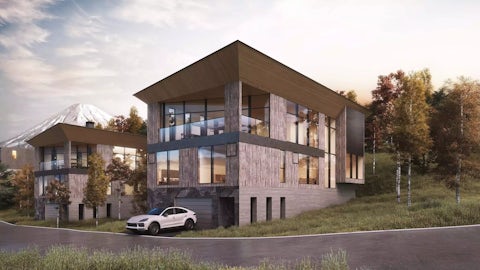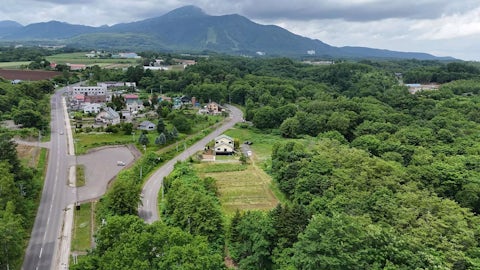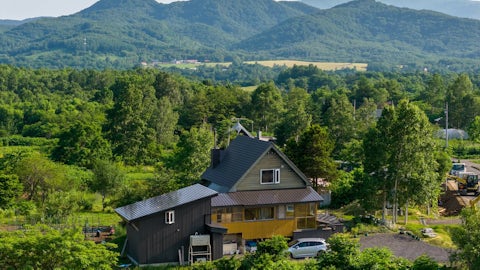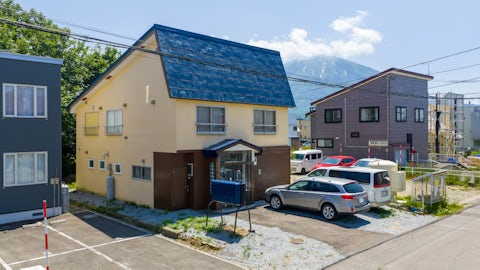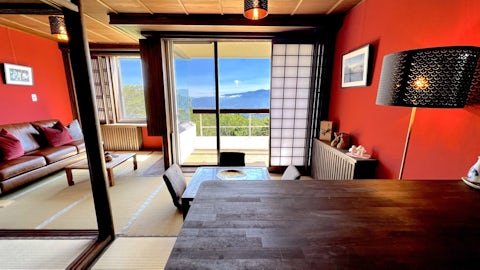
The weakening yen has brought even more international buyers to seek affordable real estate in Japan. Alongside traditional investment options, there is a growing trend of buying and renovating Akiya or vacant houses in rural areas. Often, these properties are frequently marketed with enticing headlines like “free houses,” but for the typical buyer, they are rarely the low-cost dream they seem. Renovations, structural repairs, and legal requirements can quickly turn a “bargain” into a major investment.
'Free house' phenomenon
“The reality is extremely different from the dream. The Akiya ecosystem is an extremely complex place in which technically speaking, yes, free - in terms of upfront financial cost - things can exist, though you better understand exactly what it is you’re getting into before laying claim to it, or you’ll be in a world of hurt,” Matthew Ketchum of akiyaz.io said.
For Akiya priced under ¥20 million (approximately $250,000), professionals like Ketchum emphasize that buyers must prove their experience and resources for extensive renovations. Despite this, international interest continues to grow, often fueled by viral videos and articles portraying Akiya as easy opportunities.

Risk and rewards
One of the rewards of investing in Akiya properties is the shifting of Japan’s real estate paradigm, as the value of old rural properties increased due to high demand. Several Akiya investors have explored the potential of these ‘free houses’ and turned them into a significant investment with capital appreciation.
“Akiya investors now are frontrunners, trailblazers, alchemists even who are bravely exploring a market that, objectively speaking, is reasonable to expect significant growth from given the demographics, the technology, the this, the that, and the other thing,” Ketchum said.
Moreover, many clients from the Akiya market consider properties' functionality and practicality, particularly their proximity to nearby facilities and public transportation.
“Location is obviously one to balance; between remoteness and accessibility is the general theme. How close to Tokyo but also rural? How secluded but with a nearby convenience store? Is there a bullet train stop nearby? Do I even need access to transit infrastructure? All of these things factor into the attractiveness calculations my clients make,” Ketchum said.

Nonetheless, investing in Japan’s Akiya is a venture fraught with risks. Japan’s natural geography—rife with “volcanoes, tsunamis, earthquakes, and typhoons”—is unforgiving, and properties left unattended often come with hidden complications.
Another risk involves the hidden costs of purchasing an Akiya, which are renovation costs. These costs range from termite treatment and retrofitting to replacing and repairing walls and furnishings. Other costs include new insulation and windows, asbestos abatement, and foundation repairs.
The warning is clear for those tempted by low prices: “If you go about this in a cheap, cost-cutting manner, you’re going to run into all sorts of problems. If you go about it responsibly, then you will protect yourself from most of them.” Ketchum said.

Purchasing Akiya properties
For non-resident and foreign buyers, entering Japan’s Akiya market requires careful planning and a realistic budget. Ketchum recommended having at least $250,000 in liquid assets to cover essential expenses. While some may balk at the cost, this budget encompasses buyer representation to ensure a smooth acquisition process, travel expenses for property visits, and the purchase of solid, usable land. Additionally, one must consider the Japanese business registration, bank account setup, and a business manager visa, granting flexibility to manage or rent the property. With this preparation, foreign buyers can navigate the market confidently while having a responsible investment.

Matthew Ketchum is the founder of Akiyaz, specializing in Japan's untapped akiya real estate markets. Connect with him on LinkedIn to learn more about their work. Discover more about Akiyaz and explore Japan’s real estate opportunities by visiting Uchi.
